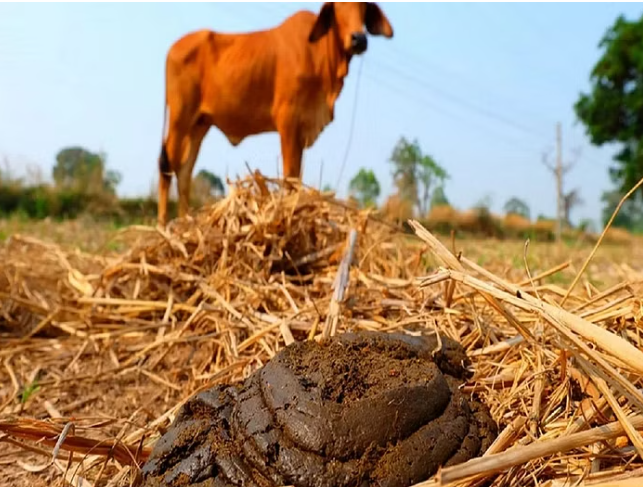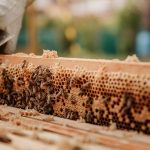
Unlocking the Potential of Cow Dung as Fertilizer
Often overlooked as mere waste, cow dung possesses a myriad of advantages that profoundly impact plant growth and soil fertility. This natural byproduct, originating from cows’ digestive processes, emerges as a powerful organic fertilizer, delivering numerous benefits to plant life.
Comprised of digested grass and grain, cow dung boasts high concentrations of organic matter teeming with nutrients. With approximately 3% nitrogen, 2% phosphorus, and 1% potassium (3-2-1 NPK), its nutrient-rich composition supports robust plant development. However, due to elevated levels of ammonia and potential pathogens, composting is typically advised before its application as fertilizer.
Renowned for its nutrient density, cow dung provides vital elements essential for plant vitality, including nitrogen, phosphorus, and potassium. These nutrients foster vigorous root systems, flowering, and overall plant health, making it an invaluable soil supplement.
Moreover, cow dung enriches soil structure by elevating organic matter levels. This enhancement enhances soil aeration, moisture retention, and drainage, facilitating optimal nutrient and water uptake by plant roots.
Acting as a catalyst for microbial activity, cow dung fosters a thriving soil ecosystem. Beneficial microorganisms, such as bacteria and fungi, thrive on its organic matter, promoting nutrient cycling and soil health, which benefits both soil and plants alike.
Remarkably, cow dung exhibits innate disease-suppressing qualities, inhibiting harmful pathogen growth and safeguarding plants against diseases. This natural defense mechanism underscores its role in promoting sustainable and eco-friendly agricultural practices.
Integration of cow dung into farming practices aligns with environmentally conscious and sustainable approaches. As a renewable resource, it reduces reliance on synthetic fertilizers, fostering a more balanced agricultural ecosystem.
Farmers can deploy cow dung through various methods, including direct incorporation into soil, top dressing, or composting with other organic materials. Proper composting ensures pathogen breakdown, enhancing dung safety and effectiveness as a fertilizer.




